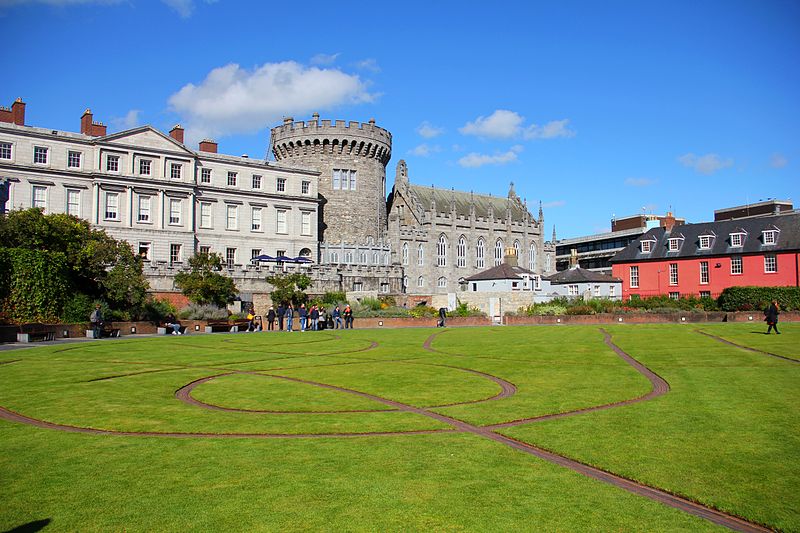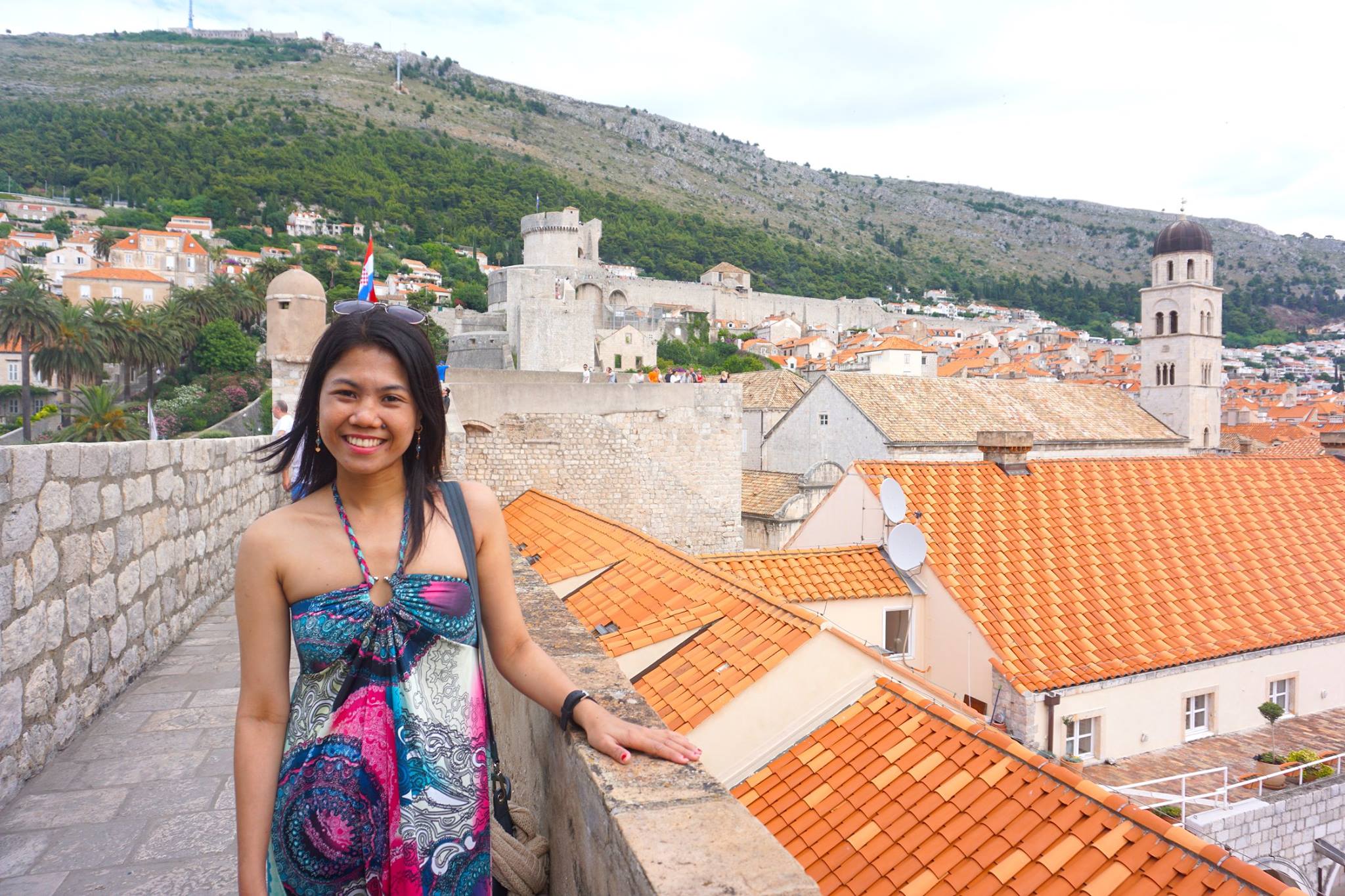Dublin Castle is one of the best attractions in Dublin. It is also one of the top historical places in this capital city and considered one of the best Irish castles.
Situated on the south side of the River Liffey, it is one of the easiest places to get to. You simply won’t miss Dublin Castle as it’s right in the heart of the city.
The Dublin Palace complex in itself is a sight to behold. Added at different times during its long history, the result is an interesting mix of architectural styles.
The material used in construction also varies from plain stone to fine plasterwork.
Dublin Castle: The Historic Heart Of Dublin

History of Dublin Castle
From Medieval to Georgian, the styles you’ll find in the Dublin Castle betrays its fascinating history.
In the early 13th century, it was the seat of English than British rule in Ireland. The castle’s main purpose was as the residence of the monarch’s representative — the Viceroy Of Ireland. It was also an administrative and ceremonial center back then.
Originally, it was built as a fortress by King John of England. It had huge towers connected by high curtain walls, set around a central enclosure.
The castle was built on the elevated ground that used to be a Viking settlement. This castle stood strong until it was ravaged by fire in April 1684.
Most parts of the building were severely damaged but some of the Medieval and Viking structures survived. These areas can remain unharmed for centuries that visitors can still explore them up to this day.
The old, fire-damaged castle was eventually rebuilt in the following centuries into a lovely Georgian Palace. This new building now has grand reception rooms called the State Apartments.
These new additions became the venue for a number of state functions aside from serving as the Viceroy’s house. Most of these events were held at the start of each year back then.
This season of festivities included balls, banquets and elegant ceremonies in honor of aristocrats.
A Royal Chapel was built in the Lower Castle Yard at the start of the 19th century. This chapel was constructed in the Gothic Revival style, intricately decorated and adorned with pinnacles.
Today, this addition remains to be among the prime examples of the Georgian era in Dublin.
Upon the Irish Declaration of Independence in January of 1922, the Viceroy handed over the castle to Michael Collins.
This also signaled the end of the British presence in Ireland after the Irish War Of Independence. These events resulted in the creation of the Republic of Ireland and are closely linked to the history of Dublin Castle.
Since then, most state functions are held in the castle. Every Irish president elected were also inaugurated in the grandest of all the State Apartments — the St. Patrick’s Hall.
Throughout the centuries, historic figures have visited and were entertained at the Dublin Castle.
These famous people include Benjamin Franklin (1771), Daniel O’Connell (1841), Queen Victoria (1849, 1853, 1861 & 1900), Charles Dickens (1864), Princess Grace of Monaco (1961), John F. Kennedy (1963), Charles de Gaulle (1969), Nelson Mandela (1990) and Queen Elizabeth II (2011).
Today, the Castle welcomes hundreds of thousands of visitors every year.
Some of the most-visited parts of the vast complex are the Garda (police) Museum which has the still intact Medieval Tower, the Royal Chapel, and the elegant State Apartments.
Visitor Information for Dublin Castle
Opening Hours
Daily from 9:45 AM to 5:15 PM
Admission Fee
Adult €12
Senior (60+) €10
Student (valid student ID required) €10
Child (12-17) €6
Family (max. 2 adults & 5 children) €30
Contact Information
Address: Dublin Castle, Dame St, Dublin
Phone: +353 1 6458813
Email: dublincastle@opw.ie
Dublin Castle Tours
If you are looking for a tour of the castle, here are our recommended Dublin Castle tours for you.

Hi, I’m Christine – a full-time traveler and career woman. Although I’m from the Philippines, my location independent career took me to over 60 countries for the past 12 years. I also lived in 4 continents – from the Caribbean, South East Asia, Africa and now in Europe. But despite living in several countries, my love for Ireland remains the same. A country that had been a part of my life since I was 14 because of my love for Irish music and bands. Ireland Travel Guides was born because of this passion and hopefully, in some little ways, this website will be able to help you on your next trip to Ireland.


22 Travel Tips For Ireland For First-Time Visitors - Ireland Travel Guides
Monday 26th of July 2021
[…] include Dublin Castle, Ennis Friary, the Iveagh Gardens, Glenveagh National Park, Killarney National Park, Ross Castle, […]